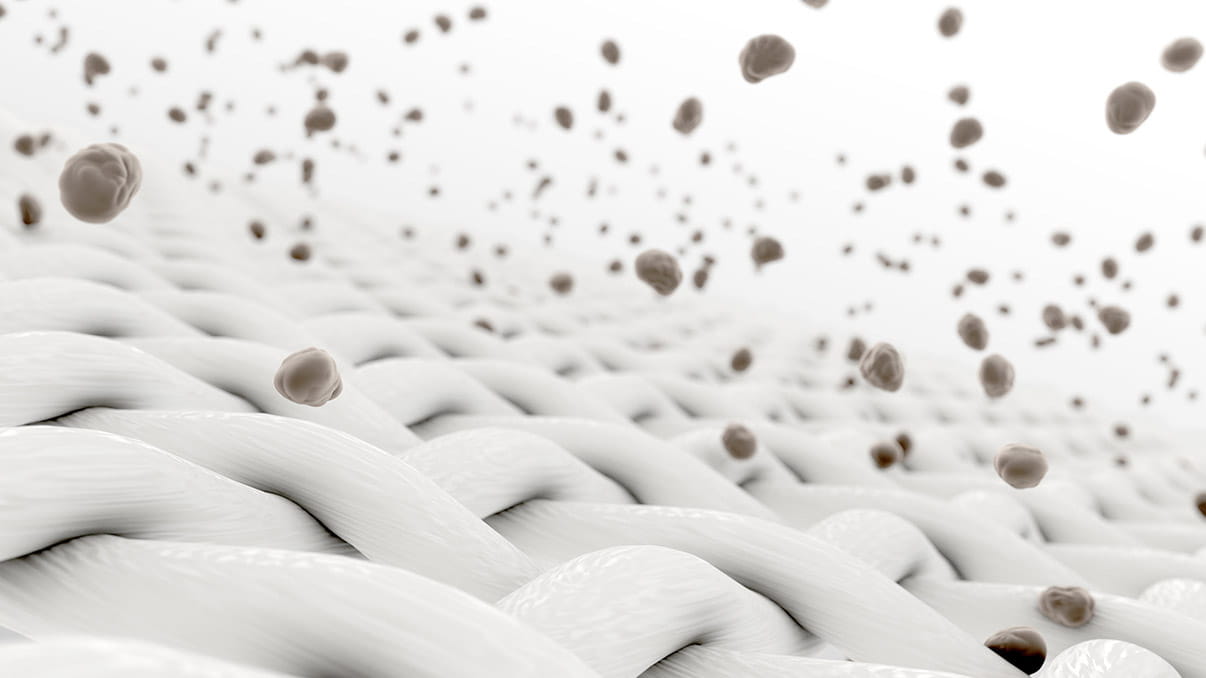
Should I Have My Hearing Aids Professionally Cleaned?
When we use things every day, they get dirty rather quickly. Our clothes need to be washed frequently, and many of us regularly wipe down our phones and keyboards to avoid grime buildup. Do hearing aids require the same attention, and should they be professionally cleaned?
Created Updated
When you wear hearing aids every day, they can encourage earwax production by stimulating your aural canal. However, many hearing aids can also block the natural migration of earwax out of your ears. This can pose a problem for both you and the function of your hearing aids.
A buildup of earwax within your ear can quickly become a painful problem. Earwax buildup can also cause "whistling" in your hearing aids as the sound bounces off the blockage. Because the earwax has nowhere to go, it can also clog your hearing aids and cause damage to your hearing aids over time. To avoid this, you need to make sure your hearing aids are adequately cleaned in between uses. Getting regular ear cleanings can also help in avoiding this problem.
Can You Clean Your Hearing Aids At Home?
When you buy hearing aids from a hearing care professional (HCP), they might provide a kit to help you keep them clean. These kits might include varying tools, depending on what kind of hearing aids you own. Before using or buying tools online, always ask your HCP to use them properly. Trying to blindly clean your hearing aids can result in damage, so make sure you've received accurate instructions from your HCP.
Dehumidifiers can also be used to keep moisture from building up in your hearing aids, which can lengthen their lifespan considerably.
How To Safely Clean Your Hearing Aids
Depending on what type of hearing aid you use, you might require different methods of cleaning. Make sure to talk to your HCP before deciding on any type of cleaning plan.
For behind-the-ear hearing aids, remove obvious debris with a soft cloth, and make sure to take out the earmolds for cleaning. They can be wiped down with a cloth and set to soak in warm water once a week. Do not re-apply the earmolds until they have fully dried out. It is recommended that they sit overnight before you put them back on the hearing aid.
Brushes and hooks are the primary tools for cleaning in-the-ear hearing aids. Hold the hearing aid downward while doing this, so any loose debris falls out instead of getting lodged inside. Pick any excess earwax out with the hook, and dust them off with a dry cloth. Never expose any part of the hearing aids to water.
You should never attempt to clean the inside of your hearing aids. The internal components are very delicate, and you can very easily damage them. If you have concerns about the state of your hearing aids, take them to a professional.
When To Get A Professional Cleaning
Hearing care professionals are trained to clean your hearing aids safely and efficiently. If you are unsure about how to properly clean your hearing aids, do not risk it. Take them to a professional and ask them for advice on how to clean your hearing aids. If you don't have the proper tools, they can direct you towards a cleaning kit.
Regardless of your cleaning schedule, you should occasionally take in your hearing aids for a professional cleaning. Your HCP has specialized tools that can clean your hearing aids more thoroughly and will notice if anything isn't right with your hearing aids.